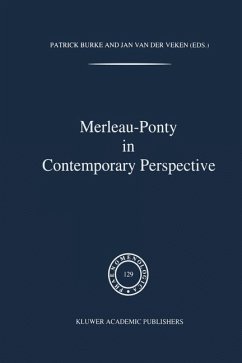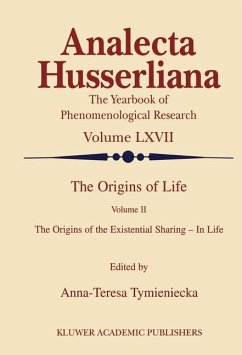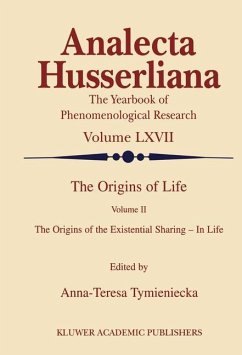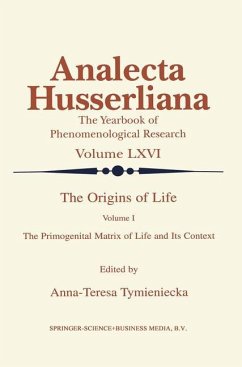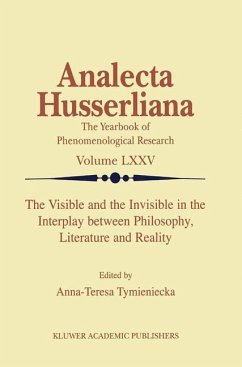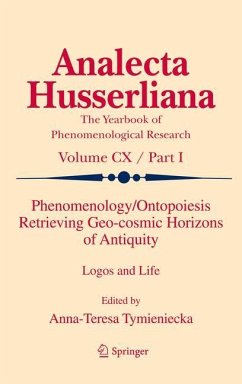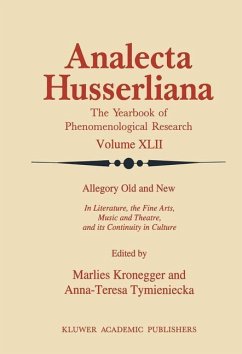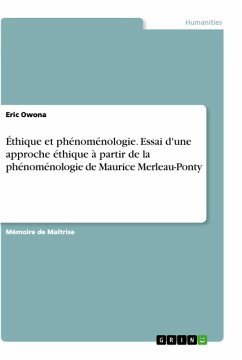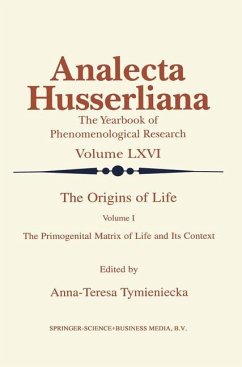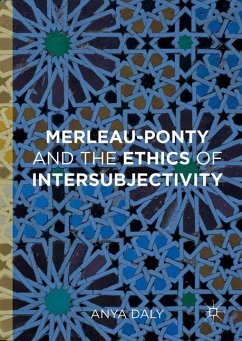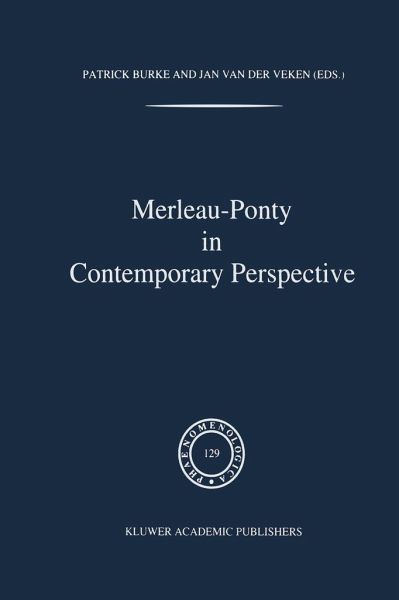
Merleau-Ponty In Contemporary Perspectives
Versandkostenfrei!
Versandfertig in 1-2 Wochen
115,99 €
inkl. MwSt.

PAYBACK Punkte
58 °P sammeln!
Merleau-Ponty in contemporary perspective: this was the theme of the conference at the Institute of Philosophy, Katholieke Universiteit Leuven (K. U. L. ) from 29 November to 1 December 1991. Thirty years after Merleau Ponty's untimely death, it seemed appropriate to bring together scholars from Europe and from the United States of America to reappraise his philosophy. In fact, a significant body of scholarship has emerged which would seem to attest to the continuing importance of his thought for a variety of disciplines within the humanities, the social sciences, and the philosophy of nature....
Merleau-Ponty in contemporary perspective: this was the theme of the conference at the Institute of Philosophy, Katholieke Universiteit Leuven (K. U. L. ) from 29 November to 1 December 1991. Thirty years after Merleau Ponty's untimely death, it seemed appropriate to bring together scholars from Europe and from the United States of America to reappraise his philosophy. In fact, a significant body of scholarship has emerged which would seem to attest to the continuing importance of his thought for a variety of disciplines within the humanities, the social sciences, and the philosophy of nature. In the present volume, Gary Brent Madison addresses the issue whether Merleau-Ponty can be considered to be a classical philosopher. The fact that his work is one of the highlights of the phenomenological tradition and is of continuing inspiration for researchers in various domains seems to justify that claim. Yet, it is the feeling of many of the contributors to this volume that the so-called "second Merleau-Ponty" is still not really known. The unfinished state of The Visible and the Invisible and the cryptic condition of many of the "Working Notes" may be responsible for that. More research should be done, to uncover "the unsaid" of Merleau-Ponty. lowe to a remark of Paul Ricoeur in his introduction to the work of G. B. Madison, La Phenomenologie de Merleau-Ponty. Une recherche des limites de la conscience (Paris, Klincksieck, 1973, p.





